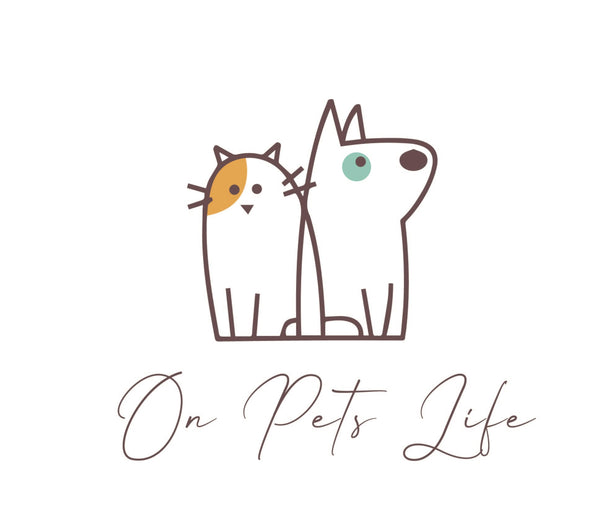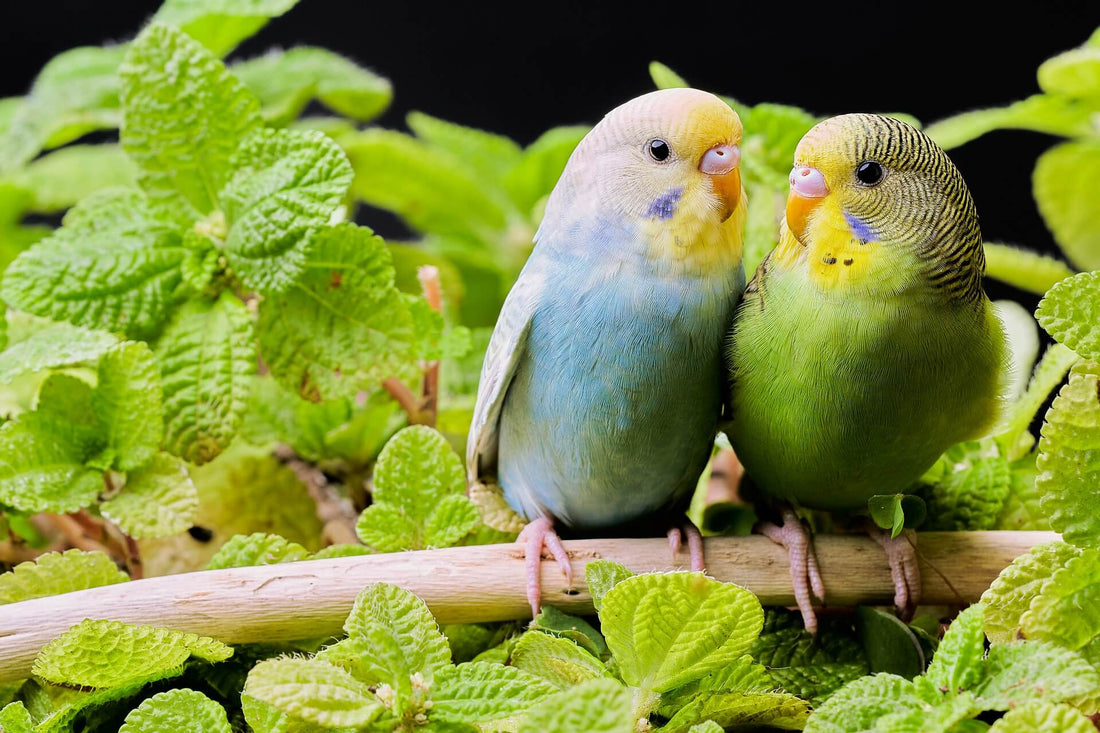Parrots are friends of humans. Among many birds, parrots are more appreciated and preferred by people. People appreciate their beauty, intelligence, and friendly characteristics, as well as their ability to learn skills and imitate human voices. People around the world keep many species of parrots as pets.
As a novice, what problems should you pay attention to when raising parrots? Please see the following 5 points:
Clean environment
The feces and feathers of parrots are easy to breed bacteria in a warm and humid indoor environment. Frequent cleaning and disinfection of bird cages, perches, etc. can ensure the health of you and your parrot. When the parrot is playing on the sofa and bed, try to use newspapers, plastic bags or cloth for padding to avoid contamination by the parrot's remnants. Bird diapers can also be used without worrying about coming into contact with parrot droppings.
Feed correctly
Food poisoning and digestive diseases are common diseases in parrots, mainly caused by eating unclean food by mistake. A positive approach is to use feeders, such as bowl and fork feeders, to develop good eating habits in your parrot, which both prevent food contamination and avoid food waste.
Parrot's food cannot be added with fat and various seasonings. Cooked food should be cooled to room temperature before feeding the parrot. Some parrots will have diarrhea after eating cooked food, which may be due to the following reasons: The food is not fully cooked, especially the fish, meat, eggs and other meaty raw materials; some food is stored in the refrigerator, and then fed to the parrot before it is thawed out; food that should not be cooked is cooked and fed to parrots.
Fruits and vegetables are best uncooked, but should be washed and sterilized before feeding. Disinfection of food cannot be done with ordinary household detergents and disinfectants. You can put cold water in a clean basin, add a few spoons of salt and a little lemon juice to make a soaking liquid, and soak fruits and vegetables in it for about 5-10 minutes. Take it out and rinse with clean water.

Suitable temperature
The unpleasant temperature can make the parrot's physique drop, weaken the immunity, and even cause the parrot to die. For most parrots, the best environment temperature for raising is 20-30 degrees Celsius.
In summer, put the bird cage and perch in a shady place, avoid direct sunlight for a long time, give more fresh vegetables and fruits in the feed, and use air conditioner or ice cubes to cool down the room if possible, and provide your parrot with a small tub.
In winter, in addition to keeping the cage and perch in a warm place, you can also keep the parrot warm by using cage cloths, heat lamps and a plush hammock.
Clip wings
Wings clipping is the most direct and effective way to protect parrots, preventing young parrots from flying away, as well as the dangers and injuries that may be caused by flying, such as hitting walls and glass, or starving to death after fleeing, and encountering animals.
More companionship
Raising parrots requires a strong love. If you ignore a parrot for a long time, it will show depression, pluck its feathers, and even appear mentally abnormal. This requires you to talk to them and play with them every day.
Training is also a good way to interact, and the parrot will be happy to receive a reward after completing the command. Training parrots requires patience. At the beginning, five movements can be used as a unit. After completing one unit, the parrot can be rewarded with gentle strokes or food. The units and times can be increased according to the situation until the bird gets used to it.
Parrots have a relatively long lifespan, and if you pay attention to the relevant matters during the breeding process, you can spend a long, beautiful and happy time with them.

